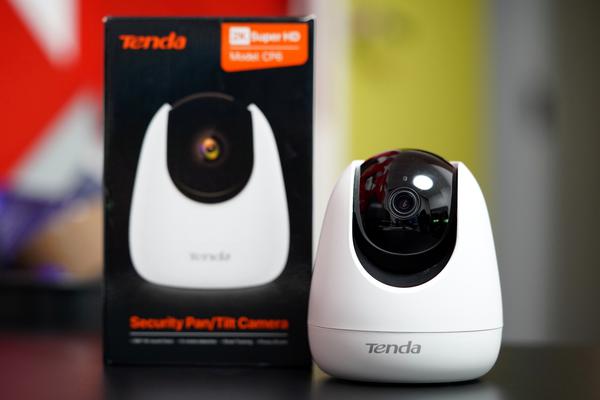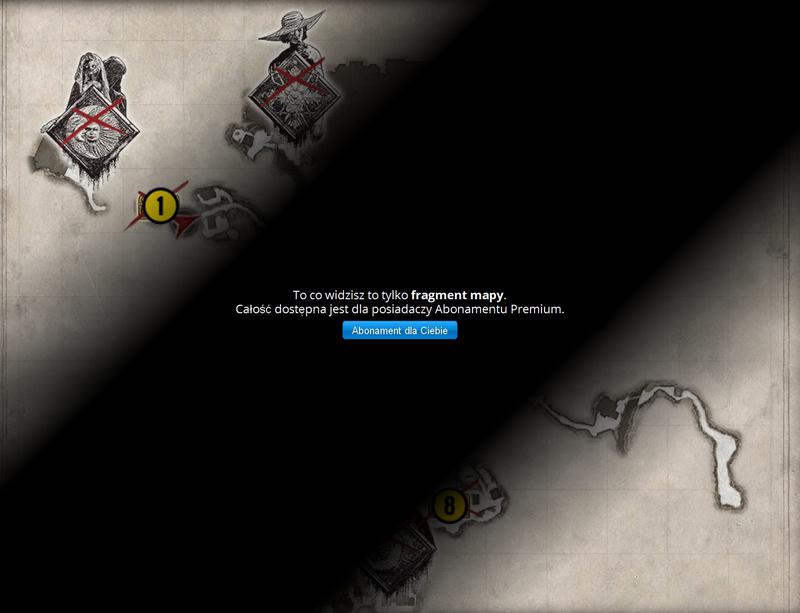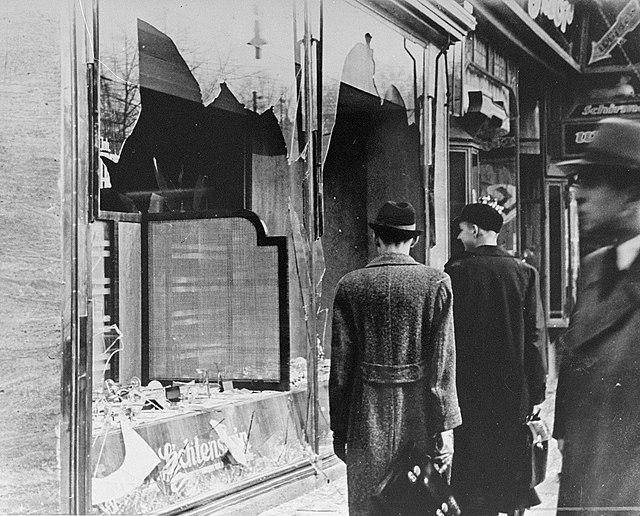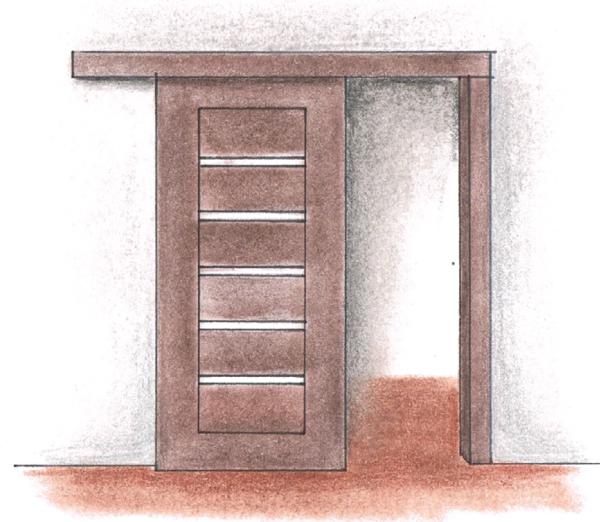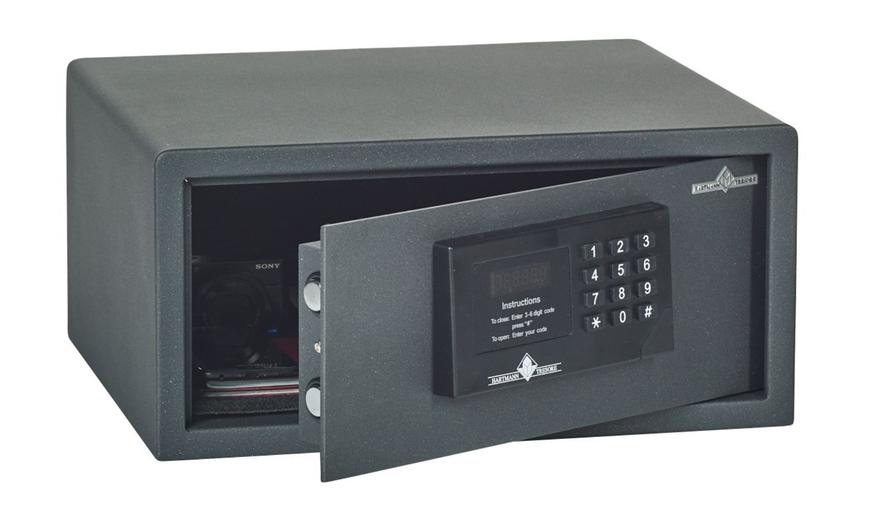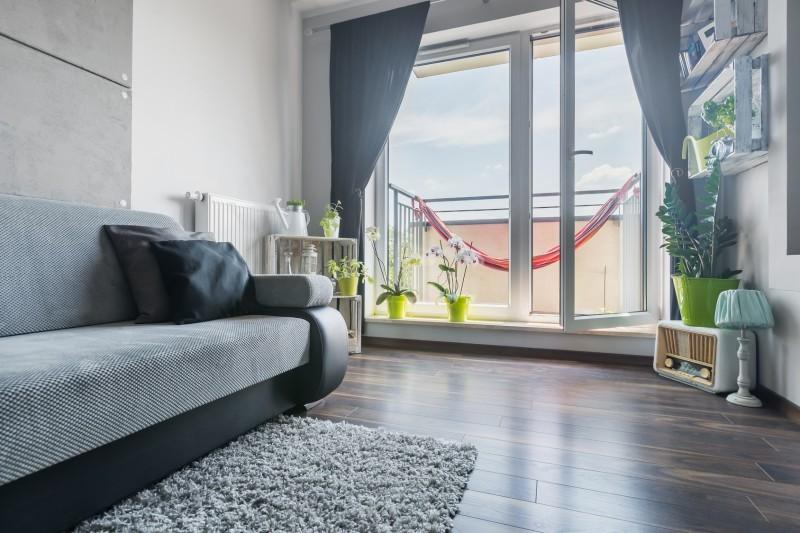Possession of lockpicks is punishable in Poland. In my opinion - it shouldn't be
Each of us spent the lockdown period a little differently. Some read books, others decided to exercise at home. I, on the other hand, came out of the lockdown with a new interest. I passionately started watching the materials of a YouTuber who deals with ... opening locks. We are talking about a man known to some of you by the nickname LockPickingLawyer. Who doesn't know him - I definitely recommend getting to know him, because it's hard to find a person who is able to combine the merits, entertainment and absolutely top skills in the field he deals with on such a level. And yes, I know that just watching movies does not make a person any kind of expert, but it can ignite a spark of curiosity in him to try to be interested in the topic under discussion. In my case, however, the spark ignited and ... went out. Interest did not translate into any real action, because it could not translate. Because if I wanted to develop my skills in the field of hobby lockpicking, I would have to... break the law. It is so in Poland that having a lockpick, i.e. an elementary tool for this process at home, is... illegal. The Code of Infractions is clear:
This will interest you Polish law further in the forest. A scooter driver is still a pedestrianThe last thing worth getting used to is technology"Article 129. Making, possessing, purchasing or delivering lockpicks
§ 1. Who: 1) manufactures, owns or purchases lockpicks, if he does not work in a profession in which they are needed, 2) provides lockpicks to a person not engaged in such a profession, 3) manufactures, owns or purchases keys to someone else's house , flat or other premises or hiding without the permission of an authorized person or an administrative authority, shall be punishable by arrest, restriction of liberty or a fine. § 2. The same penalty shall be imposed on anyone who manufactures, owns or acquires tools intended to steal or who provides such tools to other people. § 3. Lockpicks, keys or tools are subject to forfeiture, even if they are not the property of the perpetrator."
It's clear from the above entry - if you're not a locksmith (because that's what the occupation entry says) and the police find a lockpick or any other tool for opening locks on you - you're clearly whistled. Of course, that would have to happen first. Aliexpress is full of lockpicking kits and I'm sure if I ordered one, no one at the border would even look at the contents. The rest of the forums are full of such stories. So it turns out that with lockpicks it's like with speeding on the roads - it's not allowed, but who wants to do it anyway. However, when I don't have to, I try not to break the law, if only because I don't want to expose myself stupidly. Therefore, the first thought that came to my mind was: "shouldn't this law be changed?".
What do you know about the lock on your door?
Imagine you go to the store to buy a new lock for your door. On the packaging we will find various inscriptions: "highest security class", "anti-burglary", or, if we remove a padlock or lock from abroad, "Picking proof". The problem is that the manufacturer can write anything on such packaging and the customer has no way to verify these claims. Why? Well, precisely because due to the illegality of lockpicks, the percentage of the population that has the equipment and skills for it is much below the statistical error. As a result, producers are able to sell any product, and our goods are secured by locks and padlocks that can be opened with a shake. Seriously. It was enough to watch a few videos of the aforementioned channel to see that in some situations you don't even need a lockpick or any specialized tool - a large part of the locks are so hopelessly made that it is enough to randomly move anything in them, and the probability calculation will do the rest. Sometimes it's not even required.
Read more belowAnyway - I'm of the opinion that if lockpicks were no longer illegal, our security would... increase. More people would have access to the tools (and therefore practice) on what a "good" lock means and how to secure a home or anything of value. "All right," someone will say. "but then also burglars will have easier access to them."
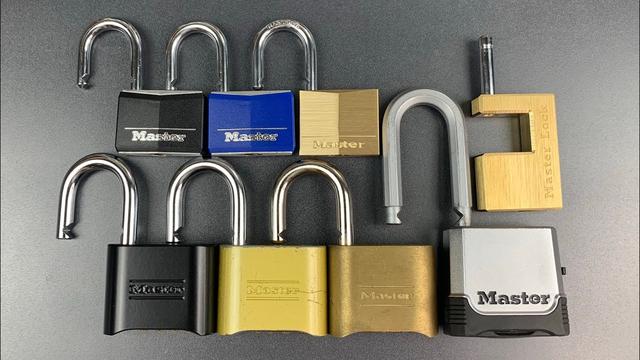
What about burglars?
One padlock quote that fits here perfectly is "locks were invented to keep honest people honest". In general, when it comes to burglaries, let me remind you that we live in a country famous all over the world for car theft. The rule that you are not allowed to own a lockpick did not mean that there are no burglaries. Who wants to break in - will break in. Throughout my childhood, I lived in an apartment with an external door constructed in such a way that if someone were very stubborn, they could take it off the hinges from the outside. And so it is in the majority of apartments and houses. Even the best lock can be broken, drilled or destroyed with a blowtorch. Opening complex locks with a lockpick is not the most efficient way. You can also break the glass in the window or break down the door. So if someone really wants to break in, they will break in. I'm of the opinion that a relaxation of the lockpick laws wouldn't have resulted in more burglaries. Mainly because if someone wants to deal with this profession - they will find a way to buy the necessary equipment. In turn, the opportunity to learn about the advantages and disadvantages of locks and to test their quality could have a very positive impact on the society, which would finally have access to information (because more people would deal with the subject, also on platforms such as YouTube) or could check for themselves how good a given lock is. lock.
Yes - I know lockpicks have no other use
The purpose of picking locks is (mostly) to get into a place you don't have permission to. So I understand the legislator who, not wanting to make the task of criminals too easy, outlawed lockpicks. However, he did not foresee then that opening locks could become... an art. A hobby comparable to solving difficult riddles or puzzles. And yet - it happened anyway. Many people raise the argument that if things like machetes or knives, which can also cause harm, are legal, then lockpicks should be too. Here, however, I will not agree, because both machetes and knives have "other" uses - grubbing bushes or cutting vegetables. The only use of the lockpick is to circumvent the security, which should not be used. However, I am of the opinion that these provisions should at least be toned down.
The solution I see is to introduce some kind of registry of people who are legally allowed to own lockpicks. I have no problem leaving things like personal data or fingerprints at the police station in exchange for which I could have lockpicks at home for hobby purposes. It would work both ways - I would have them legally and the police would have a list of people they could quickly verify as part of the burglary. Of course, this does not solve the problem of trading (because I could sell lockpicks without personally participating in the theft). but here one could think of some kind of system for registering each item purchased. Yes, I know - lots of fun, but "that's our vibe". He doesn't expect our legal system to suddenly sober up and see that the lockpick law doesn't prevent theft in the slightest, and has switched to a model where lockpicks are simply available.
What does the manufacturer think about this?
The only victim of the fact that lockpicks and the knowledge of how to pick locks will be widely available may be manufacturers. All because they will no longer be able to sell weak and defective equipment, because public awareness of the quality of locks will increase. That's why I decided to ask a representative of probably the most famous company in Poland, Gerda, about what he thinks about the idea of making lockpicks in Poland easier for hobbyists. The answer from Paweł Bijat, director of Gerda's marketing department, surprised me in a positive way, because it showed that the manufacturer is not afraid of such changes in the regulations.
Krzysztof Rojek: As a manufacturer, how do you assess the knowledge of Poles about locks (in doors/padlocks, etc.), especially in terms of resistance to pick picking?
Paweł Bijata: The general knowledge of Poles about mechanical security is unfortunately negligible. Our data shows that the majority of the population usually does not distinguish between a lock and a cylinder. Customers typically rely on the reputation of security vendors. Apart from the security class, which few people pay attention to, practically every consumer evaluates the GERDA product at the same level - regardless of whether it is a low or high resistance class. Security is simply associated with a strong brand. The minority is a group of aware customers who contact the manufacturer to seek professional opinion. Some also ask about the resistance of the inserts to opening with a lockpick, referring to popular materials on YouTube. Of course, there are also unique groups of customers who have more knowledge about locks and security. These include, for example, owners of bicycles with expensive accessories. They usually spend much more time analyzing the quality of a given security than the standard user.
Krzysztof Rojek: Should lockpicks, for example for hobby purposes, be legal? If yes/no, why?
Paweł Bijata: The answer to this question is complex. According to Article 129 Under the Misdemeanor Code, it is illegal to use lockpicks for hobby purposes. Introducing a permit for the hobby use of lockpicks could give rise to abuse and cause fear of loss of property. This includes for this reason - before avoiding a penalty - people posting recordings on YouTube from opening the protections remain fully anonymous. Both in the field of mechanical and electronic security, the products are constantly modernized and their security level is improved. On the other hand, there are still many millions of security devices on the market, which, given the current state of knowledge, can be quite easily neutralized and opened.
On the other hand, there are air guns available on the market that can be used to shoot someone. In shops you can easily buy knives with which you can injure another person. Firecrackers are also open to the public and can be purchased by adults. Lockpicks for hobby purposes could be legal, but it would require an amendment to the law. Motive and awareness are also key. You should be aware that today, buying a lockpick and not having the appropriate permissions, we can be pigeonholed as thieves.
I am very happy that my idea is in line with what the top producer in Poland thinks. They felt the amendment of the law in such a way as to allow the possibility of hobby possession of lockpicks. I am of the opinion that the registration of such people would largely solve the fear of an increase in the number of burglaries, or even reduce this number. More people would know what a "good lock" means and invest in security measures that would effectively discourage a potential thief.
At the same time, I am very curious about your opinion on this subject. What do you think about the lockpick ban and do you think it should be toned down?


